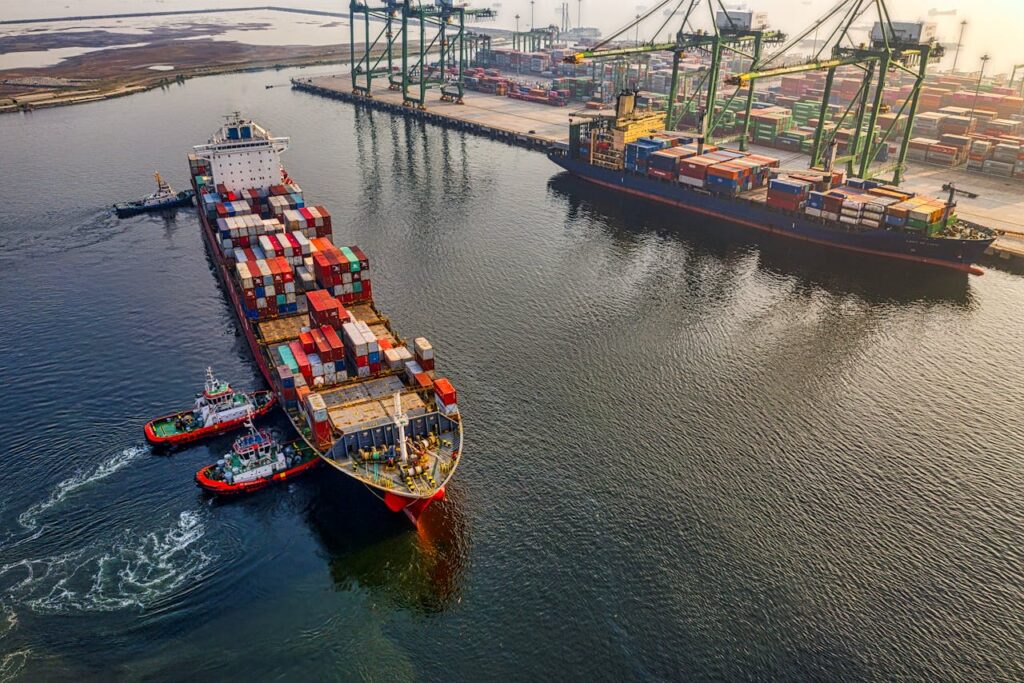IITHE Level 6 Graduate Diploma in Logistics and Supply Chain Management

Overview
The IITHE Level 6 Graduate Diploma in Logistics and Supply Chain Management is designed to equip professionals with advanced knowledge and strategic skills in logistics and supply chain management. This diploma focuses on developing expertise in managing complex supply chains, optimizing logistics processes, and implementing effective strategies to enhance operational efficiency. It is ideal for individuals aiming to advance their careers in logistics, supply chain management, and operations management.
Entry Requirements:
- Age Requirement: Learners must be at least 21 years old.
- Educational Qualifications: A Level 5 qualification in Logistics and Supply Chain Management, Business Management, or a related field, or an equivalent qualification.
- Professional Experience: Relevant experience in logistics, supply chain management, or a related field is preferred but not mandatory.
- English Language Requirements: Non-native English speakers must provide proof of English language proficiency through an approved test.
Qualification Structure:
The IITHE Level 6 Graduate Diploma in Logistics and Supply Chain Management consists of 12 mandatory units, totaling 120 credits. The qualification is structured to provide comprehensive knowledge and practical skills in logistics and supply chain management.
- Total Qualification Time (TQT): 1,200 hours
- Guided Learning Hours (GLH): 600 hours
Mandatory Units (12 Units):
- Strategic Supply Chain Management (10 credits)
- Focuses on developing and implementing strategic approaches to manage the end-to-end supply chain effectively.
- Global Logistics Management (10 credits)
- Covers the principles and practices of managing global logistics operations, including international trade regulations and logistics networks.
- Supply Chain Risk Management (10 credits)
- Examines strategies for identifying, assessing, and mitigating risks within the supply chain to ensure resilience and continuity.
- Inventory and Warehouse Management (10 credits)
- Provides knowledge on managing inventory levels, optimizing warehouse operations, and improving storage efficiency.
- Procurement and Sourcing (10 credits)
- Focuses on procurement strategies, supplier management, and sourcing best practices to enhance supply chain performance.
- Operations Management (10 credits)
- Covers the fundamentals of operations management, including process optimization, quality control, and production planning.
- Logistics Technology and Innovation (10 credits)
- Explores the role of technology and innovation in logistics, including automation, data analytics, and digital transformation.
- Sustainability in Supply Chain Management (10 credits)
- Examines sustainable practices and strategies to reduce the environmental impact of supply chain operations and promote corporate social responsibility.
- Financial Management for Supply Chains (10 credits)
- Provides an understanding of financial principles and practices related to supply chain management, including budgeting and cost control.
- Supply Chain Analytics (10 credits)
- Focuses on the use of data analytics to improve supply chain decision-making and performance through advanced analytical techniques.
- Leadership and Change Management (10 credits)
- Covers leadership skills and change management strategies to effectively lead teams and manage organizational changes within the supply chain context.
- Research Methods in Logistics and Supply Chain Management (10 credits)
- Teaches research methodologies, data collection, and analysis techniques specific to logistics and supply chain management.
Duration and Delivery:
- Full-time Study: Typically completed within 12-18 months.
- Part-time Study: Duration may be extended based on individual schedules and commitments.
- Blended Learning: Includes a combination of face-to-face lectures, seminars, and online resources.
- Distance Learning: Available with support through online platforms and virtual communication.
Assessment and Verification:
- Internal Assessment: Learners are assessed through various methods, including assignments, case studies, project work, and presentations. Each unit has specific assessment criteria.
- Practical Components: Some units include practical assessments to apply theoretical knowledge in real-world scenarios.
- External Verification: Assessments are externally verified to ensure they meet academic and industry standards.
To achieve the diploma, learners must meet all learning outcomes and assessment criteria for each unit. The assessment process is criterion-referenced, ensuring that learners meet predefined standards.
Progression Opportunities:
Upon successful completion of the IITHE Level 6 Graduate Diploma in Logistics and Supply Chain Management, learners have various opportunities for further academic and career advancement, including:
- Further Study: Progression to Level 7 qualifications, such as a Master’s degree in Logistics and Supply Chain Management or related fields.
- University Progression: Eligibility to enter the final year of a Master’s degree program in Logistics and Supply Chain Management.
- Professional Certification: Opportunities to obtain additional professional certifications or memberships in logistics and supply chain management organizations.
- Career Opportunities: Prepares graduates for advanced roles in logistics and supply chain management, including:
- Supply Chain Manager
- Logistics Director
- Procurement Manager
- Operations Manager
- Inventory Manager
- Supply Chain Analyst
- Logistics Consultant
The IITHE Level 6 Graduate Diploma in Logistics and Supply Chain Management offers advanced knowledge and skills for leadership positions in the logistics and supply chain sector and supports further professional and academic development.
